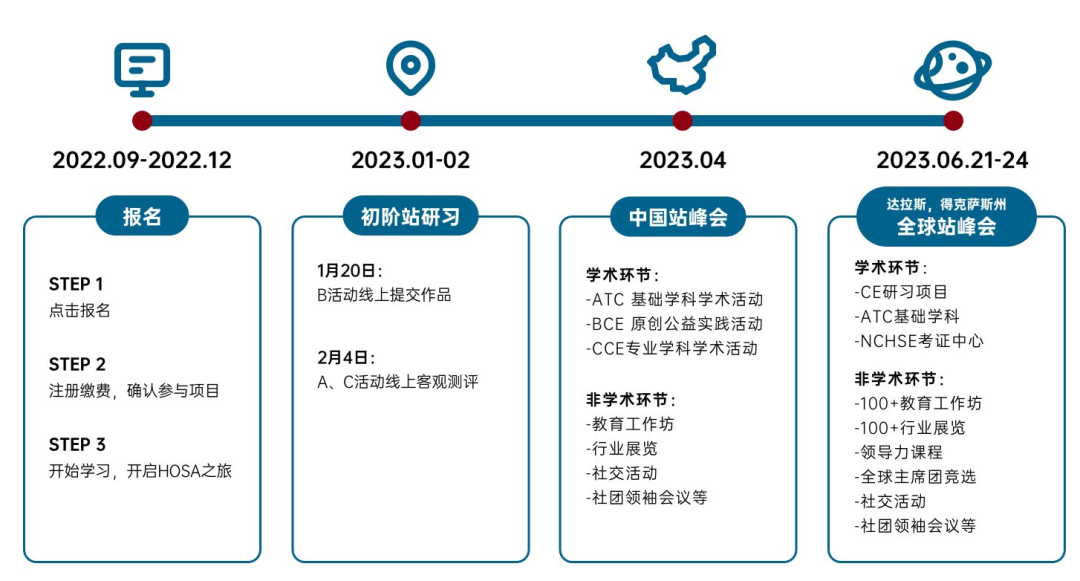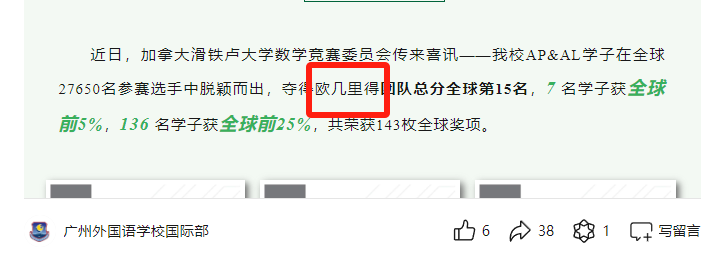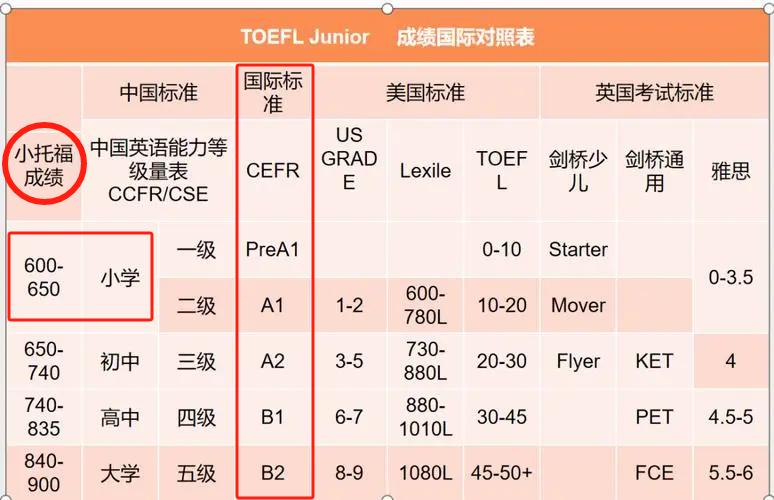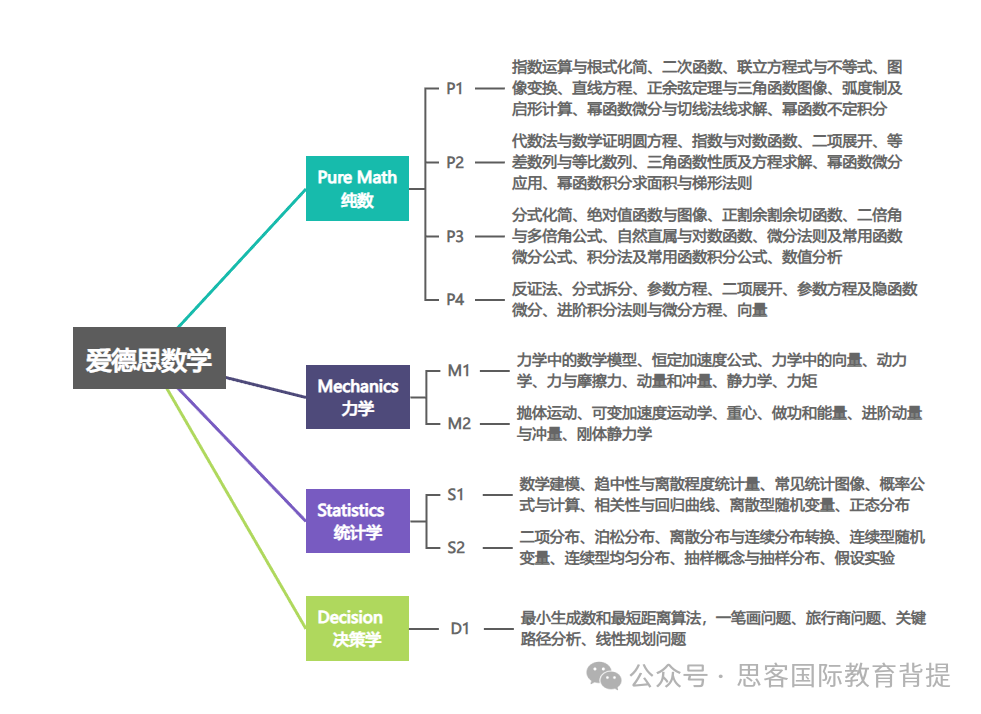我们今天换个话题,来转载一篇纽约时报10月3号的报道。这篇报道的主题跟疫情后的留学生们颇有些关系。
在有机化学领域,纽约大学教授 Maitland Jones Jr.声名显赫。他从事该领域教学已有数十年,先是在普林斯顿大学,后来在纽约大学,并撰写了一本颇具影响力的课程教材。他不仅拿了不少教育奖项,还被学生们评为纽约大学最“酷”的教授之一。
但在今年春天,正当纽大校园从疫情中慢慢恢复到实体教学时,他的350名学生中有82人联名签署了一封针对他的投诉信。
这些学生表示,这门意义重大的关键课程实在是太难了,断送了不少人将来读医学院的梦想。而他们认为自己之所以得低分,原因在于教授 Dr. Jones。
Dr. Jones为自己的教学标准辩护,但在秋季开学之前,纽大的学院院长们终止了他的工作合约。
一门课程是否只有通过内容艰难,低通过率,才能体现该课程的重要性?学校应该多听取学生和家长意见,但这应到何等程度——言听计从还是有所取舍?学生和家长们是否和商家的消费者一样,就是学校的顾客?学校是否也应像商家对待顾客一样来对待学生和家长? 为什么在Dr. Jones 开设该课程几十年以来,第一次严重投诉正好发生在美国疫情基本结束之时,也就是从远程教学全面恢复成实体教学的时候?相信大家读后都会有不少自己的想法。
Top of Form
Bottom of Form
At N.Y.U., Students Were Failing Organic Chemistry. Who Was to Blame
By Stephanie Saul
Oct. 3, 2022
In the field of organic chemistry, Maitland Jones Jr. has a storied reputation. He taught the subject for decades, first at Princeton and then at New York University, and wrote an influential textbook. He received awards for his teaching, as well as recognition as one of N.Y.U.’s coolest professors.
But last spring, as the campus emerged from pandemic restrictions, 82 of his 350 students signed a petition against him.
Students said the high-stakes course — notorious for ending many a dream of medical school — was too hard, blaming Dr. Jones for their poor test scores.
The professor defended his standards. But just before the start of the fall semester, university deans terminated Dr. Jones’s contract.
The officials also had tried to placate the students by offering to review their grades and allowing them to withdraw from the class retroactively. The chemistry department’s chairman, Mark E. Tuckerman, said the unusual offer to withdraw was a “one-time exception granted to students by the dean of the college.”
Marc A. Walters, director of undergraduate studies in the chemistry department, summed up the situation in an email to Dr. Jones, before his firing.
He said the plan would “extend a gentle but firm hand to the students and those who pay the tuition bills,” an apparent reference to parents.
The university’s handling of the petition provoked equal and opposite reactions from both the chemistry faculty, who protested the decisions, and pro-Jones students, who sent glowing letters of endorsement.
“The deans are obviously going for some bottom line, and they want happy students who are saying great things about the university so more people apply and the U.S. News rankings keep going higher,” said Paramjit Arora, a chemistry professor who has worked closely with Dr. Jones.
In short, this one unhappy chemistry class could be a case study of the pressures on higher education as it tries to handle its Gen-Z student body. Should universities ease pressure on students, many of whom are still coping with the pandemic’s effects on their mental health and schooling? How should universities respond to the increasing number of complaints by students against professors? Do students have too much power over contract faculty members, who do not have the protections of tenure?
And how hard should organic chemistry be anyway?
Dr. Jones, 84, is known for changing the way the subject is taught. In addition to writing the 1,300-page textbook “Organic Chemistry,” now in its fifth edition, he pioneered a new method of instruction that relied less on rote memorization and more on problem solving.
After retiring from Princeton in 2007, he taught organic chemistry at N.Y.U. on a series of yearly contracts. About a decade ago, he said in an interview, he noticed a loss of focus among the students, even as more of them enrolled in his class, hoping to pursue medical careers.
“Students were misreading exam questions at an astonishing rate,” he wrote in a grievance to the university, protesting his termination. Grades fell even as he reduced the difficulty of his exams.
The problem was exacerbated by the pandemic, he said. “In the last two years, they fell off a cliff,” he wrote. “We now see single digit scores and even zeros.”
After several years of Covid learning loss, the students not only didn’t study, they didn’t seem to know how to study, Dr. Jones said.
To ease pandemic stress, Dr. Jones and two other professors taped 52 organic chemistry lectures. Dr. Jones said that he personally paid more than $5,000 for the videos and that they are still used by the university.
That was not enough. In 2020, some 30 students out of 475 filed a petition asking for more help, said Dr. Arora, who taught that class with Dr. Jones. “They were really struggling,” he explained. “They didn’t have good internet coverage at home. All sorts of things.”
The professors assuaged the students in an online town-hall meeting, Dr. Arora said.
Many students were having other problems. Kent Kirshenbaum, another chemistry professor at N.Y.U., said he discovered cheating during online tests.
When he pushed students’ grades down, noting the egregious misconduct, he said they protested that “they were not given grades that would allow them to get into medical school.”
By spring 2022, the university was returning with fewer Covid restrictions, but the anxiety continued and students seemed disengaged.
“They weren’t coming to class, that’s for sure, because I can count the house,” Dr. Jones said in an interview. “They weren’t watching the videos, and they weren’t able to answer the questions.”
Dr. Jones said that after two years of pandemic learning loss, students not only didn’t study: They seemed to not know how to study.
Students could choose between two sections, one focused on problem solving, the other on traditional lectures. Students in both sections shared problems on a GroupMe chat and began venting about the class. Those texts kick-started the petition, submitted in May.
“We are very concerned about our scores, and find that they are not an accurate reflection of the time and effort put into this class,” the petition said.
The students criticized Dr. Jones’s decision to reduce the number of midterm exams from three to two, flattening their chances to compensate for low grades. They said that he had tried to conceal course averages, did not offer extra credit and removed Zoom access to his lectures, even though some students had Covid. And, they said, he had a “condescending and demanding” tone.
“We urge you to realize,” the petition said, “that a class with such a high percentage of withdrawals and low grades has failed to make students’ learning and well-being a priority and reflects poorly on the chemistry department as well as the institution as a whole.”
Dr. Jones said in an interview that he reduced the number of exams because the university scheduled the first test date after six classes, which was too soon.
On the accusation that he concealed course averages, Dr. Jones said that they were impossible to provide because 25 percent of the grade relied on lab scores and a final lab test, but that students were otherwise aware of their grades.
As for Zoom access, he said the technology in the lecture hall made it impossible to record his white board problems.
Zacharia Benslimane, a teaching assistant in the problem-solving section of the course, defended Dr. Jones in an email to university officials.
“I think this petition was written more out of unhappiness with exam scores than an actual feeling of being treated unfairly,” wrote Mr. Benslimane, now a Ph.D. student at Harvard. “I have noticed that many of the students who consistently complained about the class did not use the resources we afforded to them.”
Ryan Xue, who took the course, said he found Dr. Jones both likable and inspiring.
“This is a big lecture course, and it also has the reputation of being a weed-out class,” said Mr. Xue, who has transferred and is now a junior at Brown. “So there are people who will not get the best grades. Some of the comments might have been very heavily influenced by what grade students have gotten.”
Other students, though, seemed shellshocked from the experience. In interviews, several of them said that Dr. Jones was keen to help students who asked questions, but that he could also be sarcastic and downbeat about the class’s poor performance.
After the second midterm for which the average hovered around 30 percent, they said that many feared for their futures. One student was hyperventilating.
But students also described being surprised that Dr. Jones was fired, a measure the petition did not request and students did not think was possible.
The entire controversy seems to illustrate a sea change in teaching, from an era when professors set the bar and expected the class to meet it, to the current more supportive, student-centered approach.
Dr. Jones “learned to teach during a time when the goal was to teach at a very high and rigorous level,” Dr. Arora said. “We hope that students will see that putting them through that rigor is doing them good.”
James W. Canary, chairman of the department until about a year ago, said he admired Dr. Jones’s course content and pedagogy, but felt that his communication with students was skeletal and sometimes perceived as harsh.
“He hasn’t changed his style or methods in a good many years,” Dr. Canary said. “The students have changed, though, and they were asking for and expecting more support from the faculty when they’re struggling.”
N.Y.U. is evaluating so-called stumble courses — those in which a higher percentage of students get D’s and F’s, said John Beckman, a spokesman for the university.
“Organic chemistry has historically been one of those courses,” Mr. Beckman said. “Do these courses really need to be punitive in order to be rigorous?”
Dr. Kirshenbaum said he worried about any effort to reduce the course’s demands, noting that most students in organic chemistry want to become doctors.
“Unless you appreciate these transformations at the molecular level,” he said, “I don’t think you can be a good physician, and I don’t want you treating patients.”
In August, Dr. Jones received a short note from Gregory Gabadadze, dean for science, terminating his contract. Dr. Jones’s performance, he wrote, “did not rise to the standards we require from our teaching faculty.”
Dr. Gabadadze declined to be interviewed. But Mr. Beckman defended the decision, saying that Dr. Jones had been the target of multiple student complaints about his “dismissiveness, unresponsiveness, condescension and opacity about grading.”
Dr. Jones’s course evaluations, he added, “were by far the worst, not only among members of the chemistry department, but among all the university’s undergraduate science courses.”
Professors in the chemistry department have pushed back. In a letter to Dr. Gabadadze and other deans, they wrote that they worried about setting “a precedent, completely lacking in due process, that could undermine faculty freedoms and correspondingly enfeeble proven pedagogic practices.”
Nathaniel J. Traaseth, one of about 20 chemistry professors, mostly tenured, who signed the letter, said the university’s actions may deter rigorous instruction, especially given the growing tendency of students to file petitions.
“Now the faculty who are not tenured are looking at this case and thinking, ‘Wow, what if this happens to me and they don’t renew my contract?’” he said.
Dr. Jones agrees.
“I don’t want my job back,” he said, adding that he had planned to retire soon anyway. “I just want to make sure this doesn’t happen to anyone else.”














